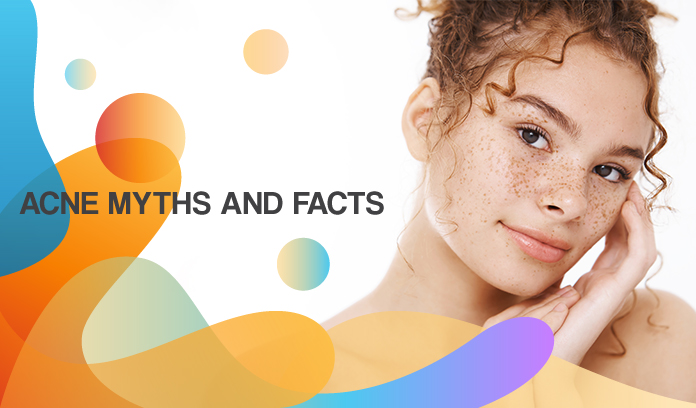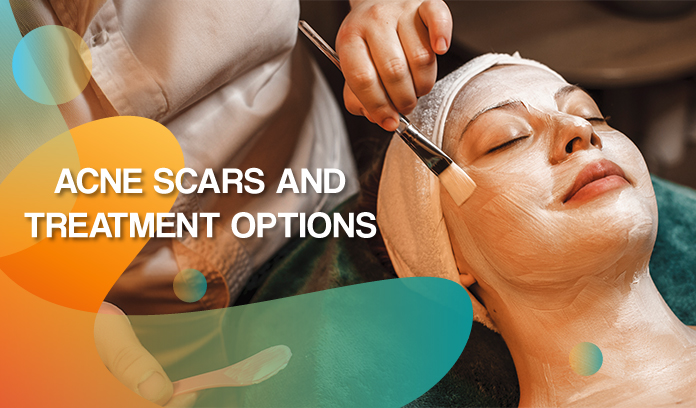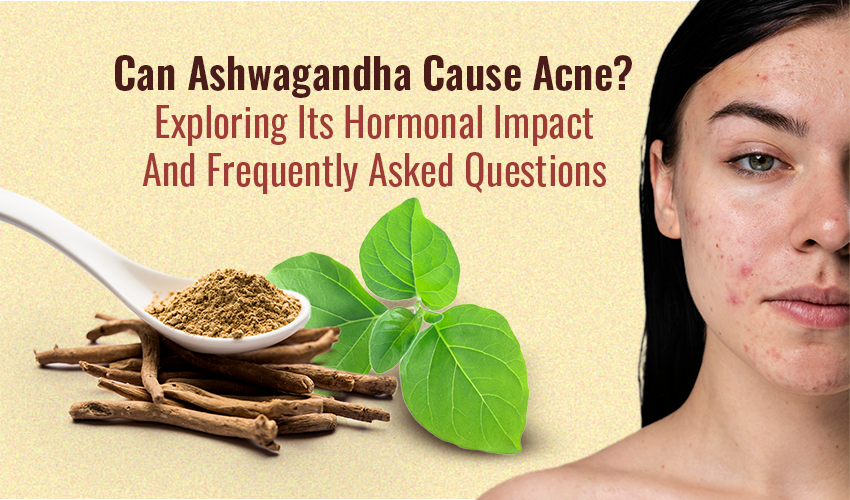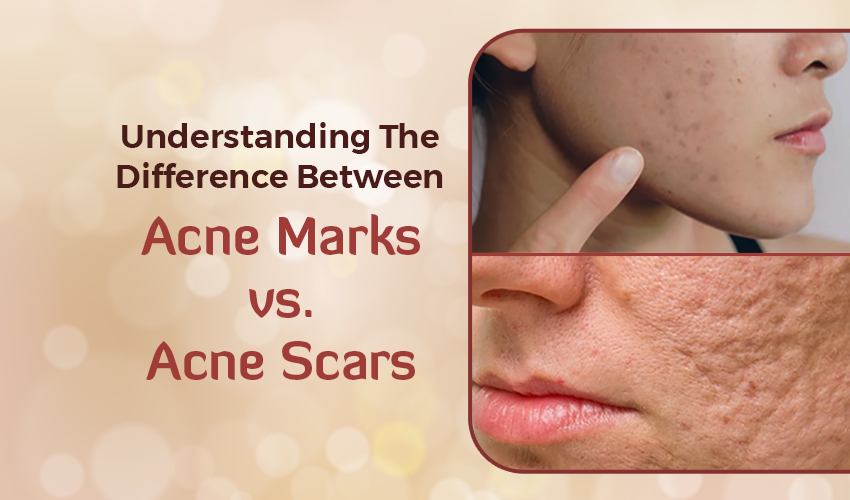Acne is a common skin condition that affects many people, but there’s a lot of misinformation out there. Understanding the truth about acne can help you manage it more effectively and improve your skin health. Let’s explore some of the most prevalent acne myths and the facts that debunk them.
Myth: Chocolate Causes Acne
Many believe that eating chocolate causes acne. However, while diet can influence skin health, there is no direct scientific evidence linking chocolate consumption to acne development. Acne is primarily influenced by factors like hormones, genetics, and skincare habits. Some individuals may notice that certain foods exacerbate their acne, but this varies from person to person.
Fact: Hormones Play a Major Role
Hormonal fluctuations, particularly during puberty, menstruation, pregnancy, and stress, significantly impact acne development. Androgens, a type of hormone, increase sebum production, leading to clogged pores and acne. Understanding the hormonal connection helps in managing acne more effectively, often requiring hormonal treatments or lifestyle adjustments.
Myth: Acne Only Affects Teenagers
Acne is often associated with teenagers due to the hormonal changes during puberty. However, adult acne is also common, affecting both men and women well into their 30s, 40s, and beyond. Hormonal imbalances, stress, and skincare routines contribute to adult acne, debunking the notion that it’s solely a teenage problem.
Fact: Genetics Influence Acne
Genetics play a significant role in determining an individual’s likelihood of developing acne. If one or both parents had acne, their children are more likely to experience it as well. Genetic factors influence skin type, sebum production, and inflammatory response, making acne a hereditary condition in many cases.
Myth: Poor Hygiene Causes Acne
Acne is not caused by poor hygiene or dirty skin. In fact, over-washing or scrubbing the skin too hard can irritate it, leading to increased oil production and worsening acne. Acne results from clogged pores, bacteria, and inflammation, which are not directly related to cleanliness but to how skin care is managed.
Fact: Stress Can Worsen Acne
Stress triggers the release of cortisol, a hormone that can increase oil production and inflammation, exacerbating acne. While stress alone doesn’t cause acne, it can aggravate existing conditions. Managing stress through relaxation techniques, exercise, and adequate sleep can help in reducing acne flare-ups.
Myth: Sun Exposure Clears Acne
Some people believe that sun exposure can clear acne by drying out the skin. While sunlight can temporarily reduce inflammation, it can also lead to sunburn and damage, increasing the risk of skin cancer and premature aging. Moreover, sun exposure can worsen post-inflammatory hyperpigmentation, making acne scars more noticeable.
Fact: Non-Comedogenic Products Are Better
Non-comedogenic products are formulated to avoid clogging pores, making them better for acne-prone skin. Using non-comedogenic makeup, skincare, and hair care products can help prevent breakouts and keep the skin clear. Checking labels for non-comedogenic claims is a good practice for those with acne.
Myth: Popping Pimples Helps Them Heal Faster
Popping pimples can lead to further inflammation, infection, and scarring. It pushes bacteria deeper into the skin and disrupts the natural healing process. Instead, using topical treatments containing ingredients like benzoyl peroxide or salicylic acid can effectively treat pimples and prevent scarring.
Fact: Diet Can Influence Acne
While diet alone isn’t the primary cause of acne, certain foods can trigger or worsen breakouts in some people. High-glycemic-index foods, dairy, and processed foods may contribute to acne in susceptible individuals. Maintaining a balanced diet rich in fruits, vegetables, and whole grains can support overall skin health.
Conclusion
Understanding the facts about acne can help you make informed decisions about your skincare routine and treatment options. By debunking common myths and focusing on effective management strategies, you can achieve clearer, healthier skin. Always consult a medical professional before starting any new treatment plan to ensure it is appropriate for your skin type and condition.











